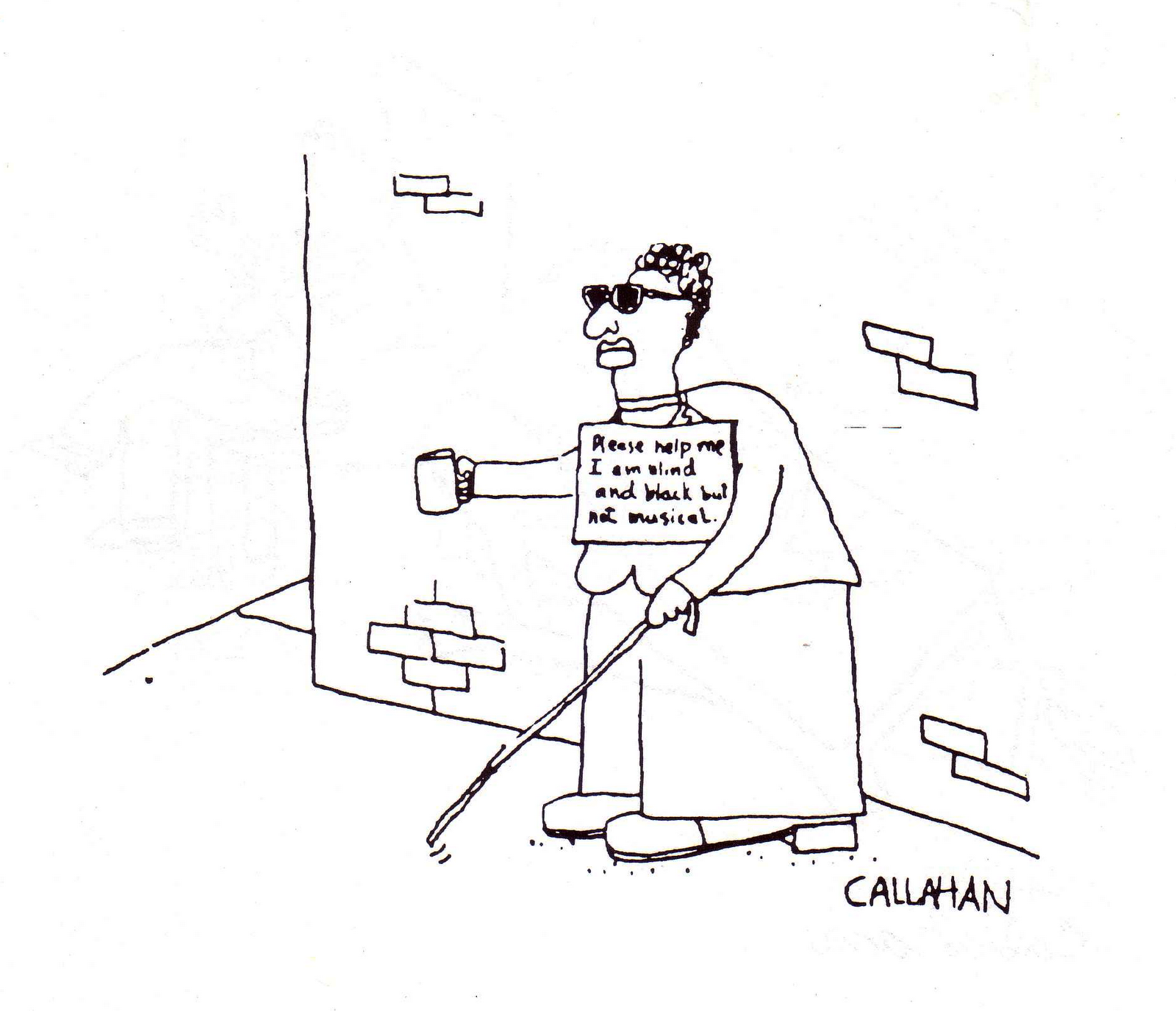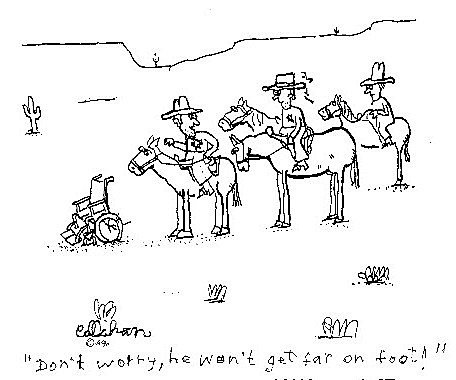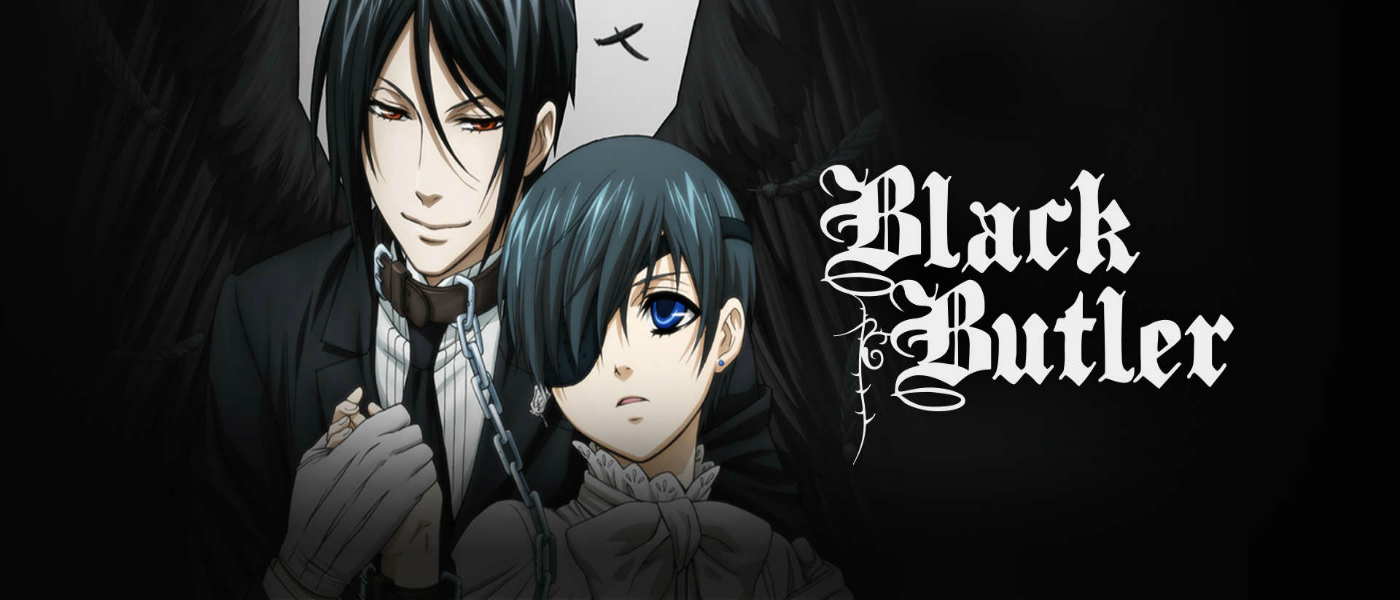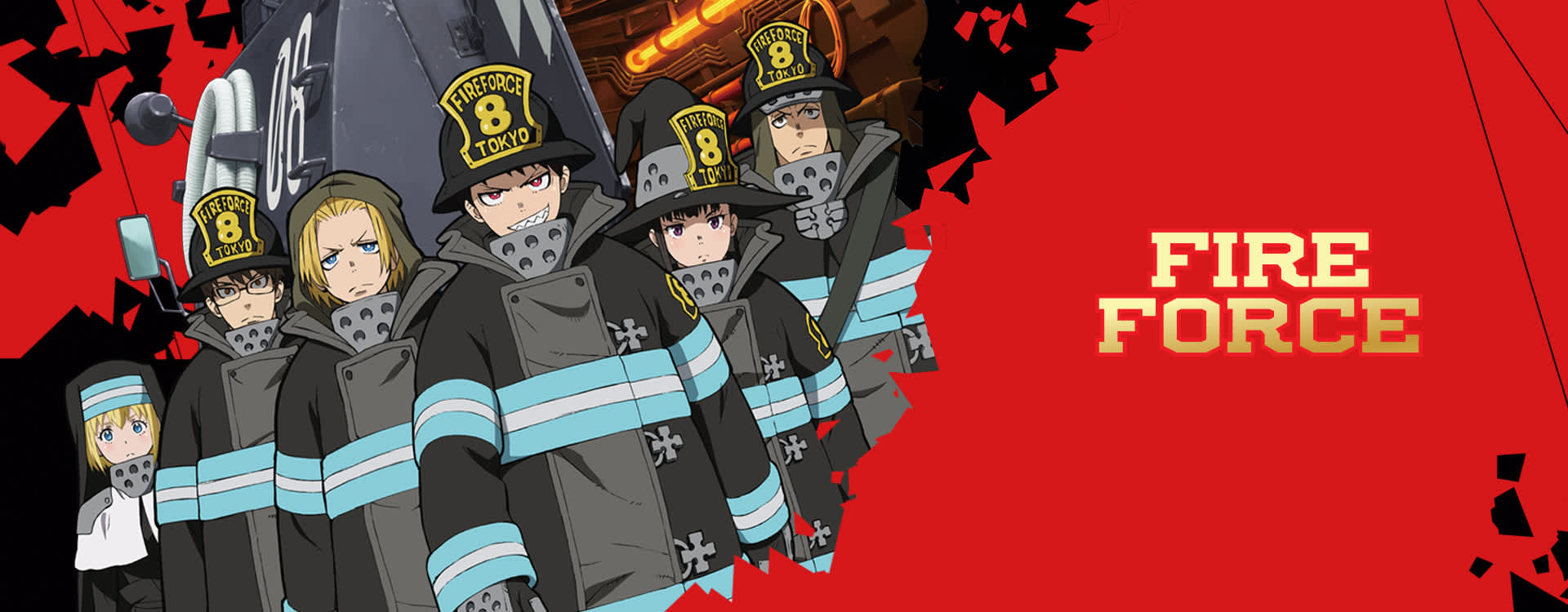Review: “Don’t Worry, He Won’t Get Far on Foot”
This one doesn’t get far at all.
It will never cease to amaze me just how far a person can go when they make offending others their stock-and-trade. Almost a decade and a half before South Park broadcast its first episode, John Callahan was peddling a not-dissimilar brand of supposedly equal-opportunity offense in the pages of Portland’s alternative newspaper Willamette Week, and as of this year, he finds himself the posthumous subject of Gus Van Sant’s latest directorial effort, Don’t Worry He Won’t Get Far on Foot.
The film was adapted by Van Sant from Callahan’s eponymous autobiography and chronicles Callahan’s journey from alcoholic quadriplegic to successful cartoonist and champion of the rights of the differently able. Along with a star-studded cast, including Rooney Mara, Jonah Hill, Carrie Brownstein and Jack Black, Joaquin Phoenix plays the free-wheeling (no pun intended) humorist with the unflinching commitment that we’ve come to expect from the star of Walk the Line, You Were Never Really Here, and –my favorite– Inherent Vice.
The film jumps back and forth between several periods in Callahan’s life, beginning the morning before his accident and leading up to his receipt of a local achievement award, and Van Sant pulls off this balancing act beautifully. After a brief acclimation period, I was always perfectly clear of where I was in the timeline of Callahan’s life and was consistently impressed by the pacing the film maintained. The direction is never flashy, making heavy use of split-screen and Damaris Dragonas’ wonderful set direction, but helter-skelter is a tough way to tell a story, and Van Sant makes it look easy.
The performances are pitch perfect as well, almost to a person. Besides Phoenix turning in top-shelf work, Rooney Mara plays Annu, an inscrutable Swedish physical therapist who cares for Callahan first as a nurse and then as a romantic partner, with a mystery that brings her character to life whenever the dialogue can’t. Jack Black unleashes a variation on his classic screw-up routine in one of the wildest sequences in the film but also gets the chance to flex his dramatic chops for a brief moment before the credits roll. Jonah Hill’s turn as Callahan’s strangely Christ-like sponsor is very nearly cloying, but third act revelations bring a depth to his character that made me mostly forgive him.
The weak link in this chain, however, is the script. The movie is overstuffed with too many subplots. In between recounting his accident, getting sober, trying to find his birth mother, starting a romantic relationship, and reconciling a crisis of faith, the cartoonist’s career ends up sidelined, receiving very little screen time in a two-hour movie that, all told, could have used a few more cuts. I can’t help but think this is on purpose, however, as Van Sant never takes a stance about what he thinks about Callahan’s work, or even, really, what Callahan thought.

The way Don’t Worry tells it, Callahan has no idea how he comes up with any of his jokes not drawn from personal experience, and thus he has no idea why anyone would find them offensive. The film, however, has quite a few of his illustrations on display, lovingly animated and voiced-over, and the humor is at times so juvenile that I find that simply impossible to believe. Van Sant has a few characters offer weak castigations of the drawings at times throughout the film, and it’s made very clear that quite a few people are offended by his humor, but there’s no interest in delving into why that may be. The only time it almost happens, it’s immediately played for laughs.
At one point in the film, Rooney Mara’s Annu tells Callahan that his cartoons aren’t all that shocking, and he only thinks so because he’s living in the past. This really spells out my main problem with the film. In going back in time to the late 70’s, Don’t Worry has adopted a period-correct outlook, in addition to all the props and costumes. The film’s message, if there is one to be gleaned, is one of self-reliance and responsibility for one’s own actions. Van Sant even casts Brownstein as a caseworker always harshing Callahan’s mellow by reminding him about his dwindling disability benefits, and when Callahan tries to find his birth mother, yet another bureaucrat keeps the information from him, due to a set of frustrating regulations. There’s a distinct Reaganomics flavor to the whole affair, and it comes across fairly disingenuously.

Van Sant can’t have it both ways. He can’t want Callahan to humanize Klansmen, demonize government workers, and still expect an identifiable protagonist. But I don’t know if I can blame the director for anything more than his choice of subject. This is a common theme in equal-opportunity offending comedians. Everyone has a sacred cow, whether they’re willing to admit it or not. Callahan is willing to joke about a lot of things that don’t directly affect him, most commonly racial and sexual minorities. To his credit, he also will joke about alcoholics and the disabled to a very personal extent. He does, though, have a line. In a cursory glance at his work, I couldn’t find a single cartoon poking fun at alcoholics anonymous, and while he jokes about religion, there’s little to suggest he has anything that directly mocks the idea of a higher power that is so crucial to AA. This is common among comedians of Callahan’s ilk; it’s the same reason that Matt Stone and Trey Parker are so light on material lampooning libertarians.
It seems like Van Sant wants to gloss over this oversight by filling in the cracks with the unquestionably inspirational story of Callahan’s recovery, but even this has been derailed to some degree by the controversy of not casting an actual quadriplegic as Callahan. The more one stops to think about Don’t Worry, the more it feels out of time. Perhaps this is why the only places screening the film in New York have an average patron age of over fifty. I can’t say that I didn’t enjoy the film, but its time may have passed, and I don’t think it’s going to age back into relevance anytime soon.
Score
























"There are also other characters that come and go (also owned by the Warner Bros. Discovery conglomerate media company)."
Huh. Is that just referring to other characters from the show itself, or is this implying that the new season is going to have cameos from other WBD IPs